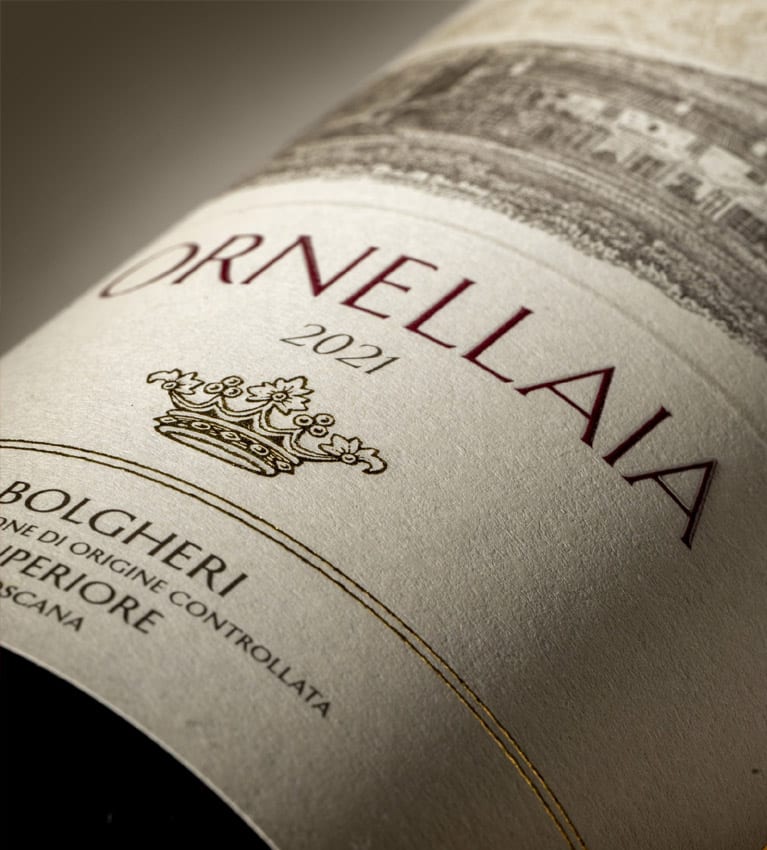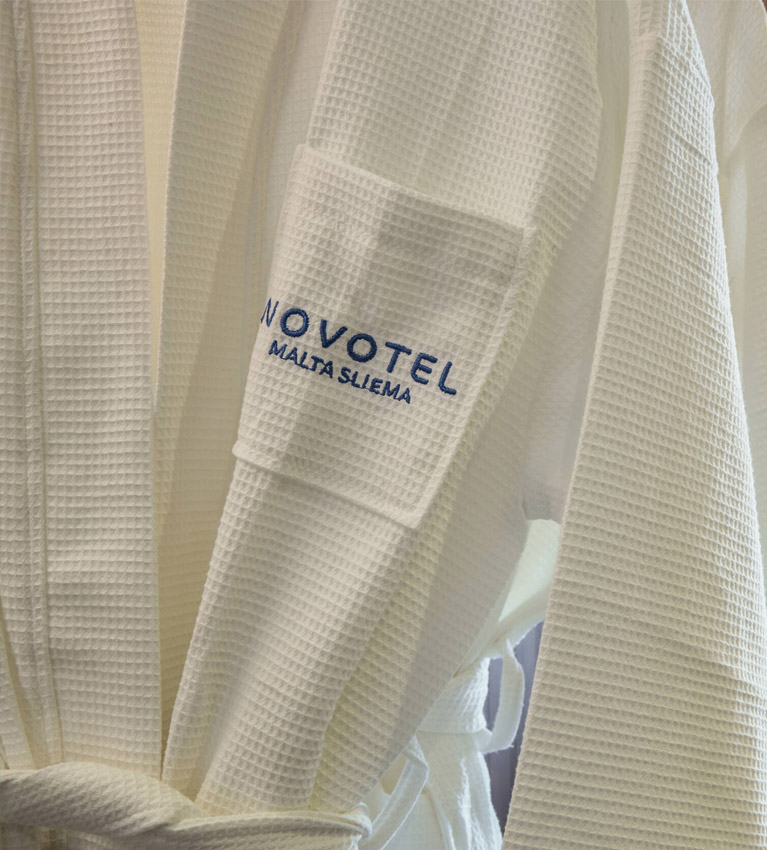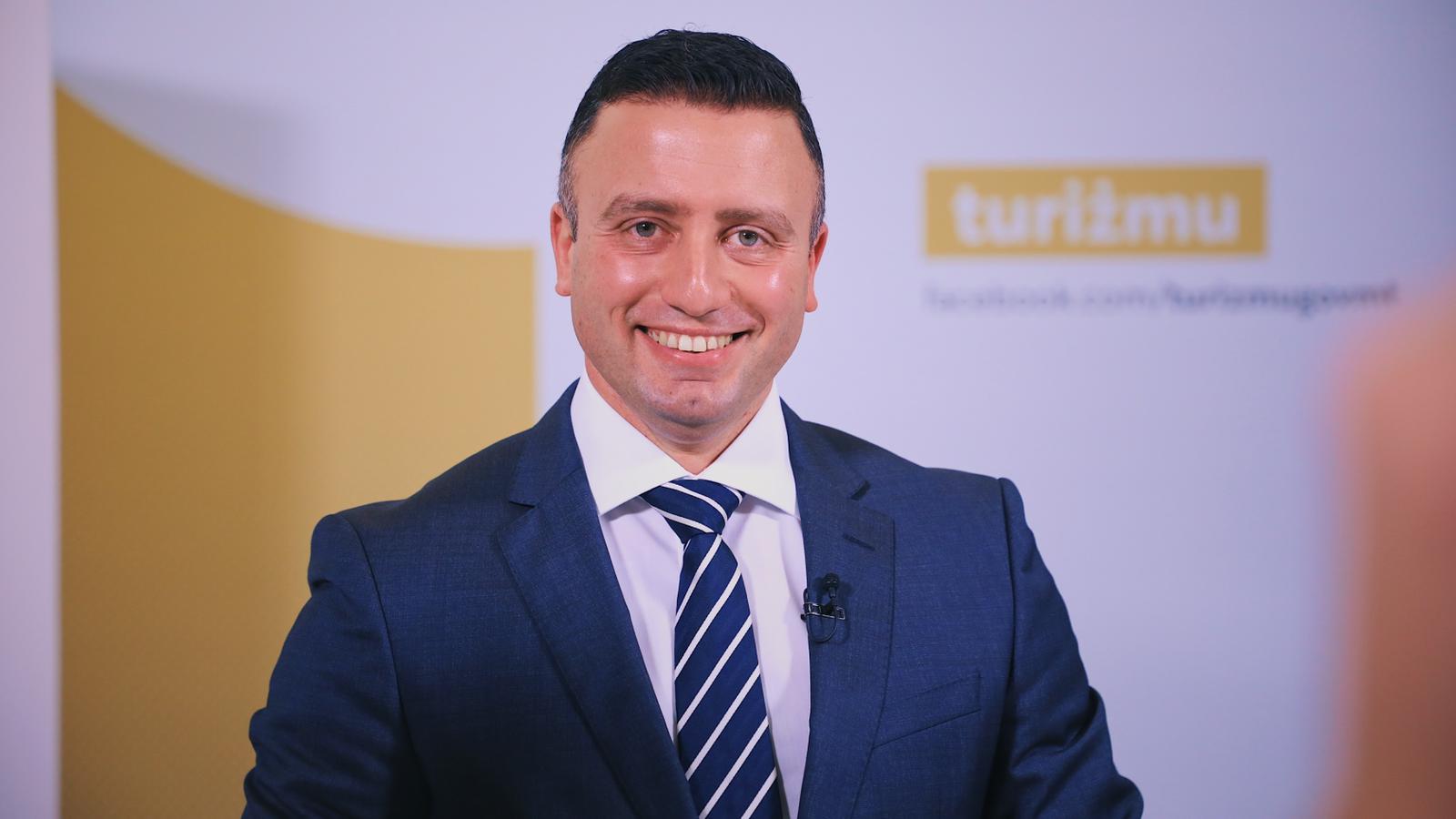
Exclusive Interview: The Hon Clayton Bartolo

MIA traffic figures show improvement in May
June 14, 2021
The Right Candidate Matters
June 16, 2021In an exclusive interview with Horeca Magazine, the Hon Minister Clayton Bartolo outlines the schemes in place as the Hospitality and Tourism industries fight to overcome the pandemic crisis.
It’s stating the obvious that your appointment comes at the worst time in Malta’s tourism industry; can you briefly outline what the situation looked like from your perspective when you were appointed Tourism Minister?
I look at this as an opportunity which has been entrusted to me during this delicate situation. I am privileged to be working with a very good team of professionals who are leaving no stone unturned to get tourism back on its feet. I thank Prime Minister Robert Abela for selecting me for this task and declare my full commitment to doing my utmost towards recovering tourism with a view to making it even stronger and more resilient in the coming years.
Soon after your appointment you said you supported your predecessor’s so-called “mechanisms”. The consensus is that these failed; you disagreed and are reported as saying “what we are doing is trying to find a balance between the livelihoods and the lives of Maltese.” What did you mean by this?
We need to acknowledge that this has been a very challenging crisis both in terms of scale and timeframe. Managing a crisis involves employing the right balance of socio-economic decisions which address the emergency without unnecessarily stopping the pace of life. This is not about success or failure, but based on using the best available information to take the best informed decisions.
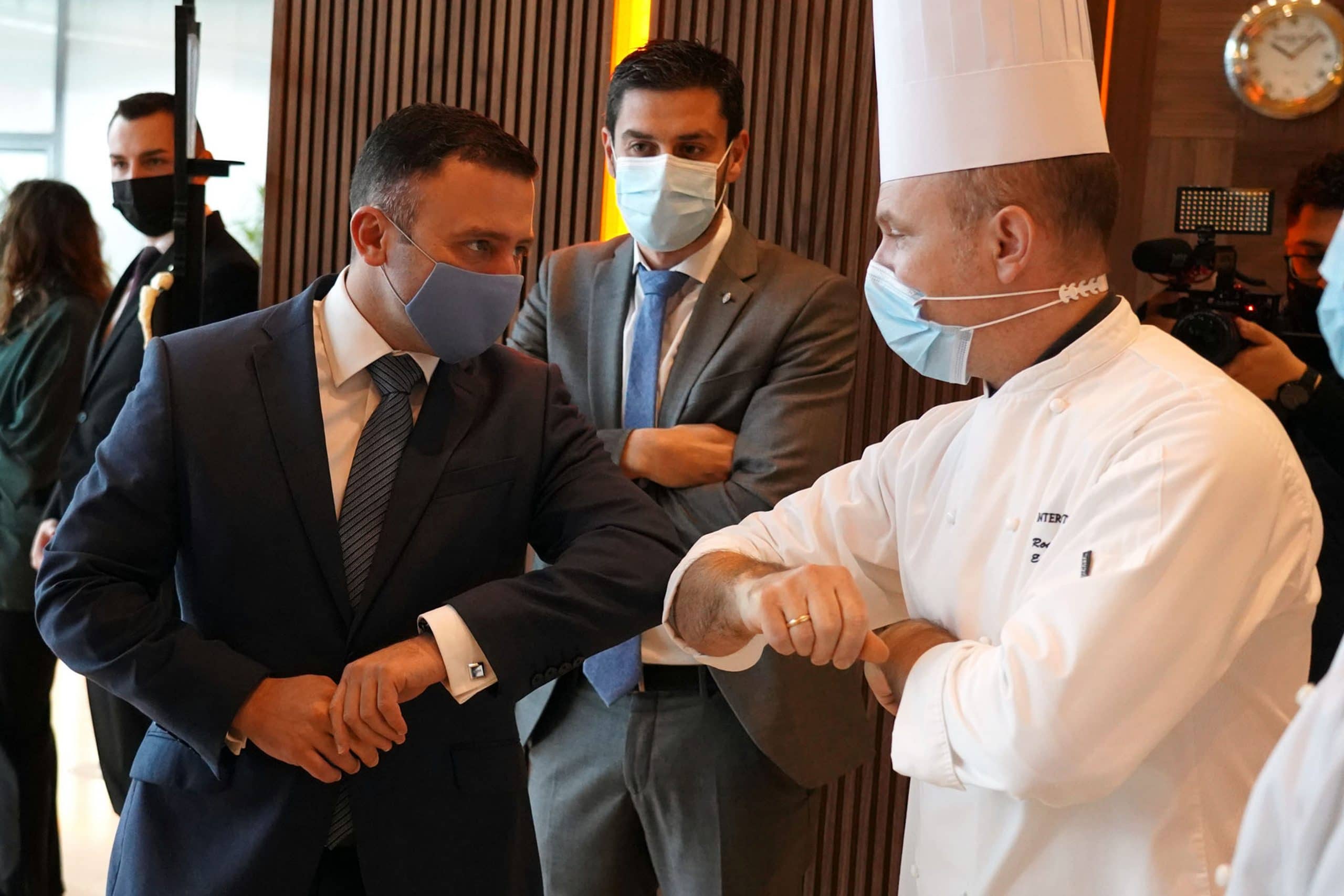
Last year you announced that an action plan
would be launched in 2021. And
you are quoted as saying that “talks are
underway with all concerned parties to lay
out a strategy that attracts numbers but
also lays emphasis on excellence”. Can you
elaborate?
We have launched a ten year Tourism Strategy that will take us to 2030. This strategy document, entitled “Recover, Rethink, Revitalise” aims to form the basis of a wide discussion with a scope of providing the Malta Tourism industry with a sound platform from which to recover the losses inflicted by the COVID-19 pandemic whilst taking decisive steps to strengthen Tourism’s economic and social awareness and sensitivity and a quest to grow Tourism’s contribution beyond mere volumes by attracting a higher spending tourist. We have also unveiled the Tourism Recovery Plan which includes a €20 million financial aid programme aimed at putting back on track our hospitality sector.
What do you mean by excellence - is it a better spending visitor or a better quality product?
Excellence means reaching or exceeding the expectations of a visitor who pays good money and expects to receive good value. It involves the perfect match of a spending visitor who both expects and affords a better quality product. Excellence becomes self-sustaining when well managed: a positive circle where a better product attracts a higher spending tourist who in turn leads to further investment in a better quality.
Has the opening of several new hotels last year highlighted the need for numbers moving forward?
The major objective of the Tourism Recovery Plan is to recover volumes within the shortest realistic time frame possible.
Improving the ‘quality of the tourist’, ‘going upmarket’, ‘niche marketing’ and improving the product have been the catch phrases for decades - how is it going to be different this time around?
These are processes which have no end. As a destination we have been improving our tourism by addressing all of them and the important thing is that we continue to observe progress. In spite of registered progress we still consider such objectives as relevant in our tourism industry’s evolution and hence we continue prioritizing them. It is not about being different it is about adding additional layers to the achievements made to date.
We have launched a ten year Tourism Strategy that will take us to 2030. This strategy document, entitled “Recover, Rethink, Revitalise” aims to form the basis of a wide discussion with a scope of providing the Malta Tourism industry with a sound platform from which to recover the losses inflicted by the COVID-19 pandemic whilst taking decisive steps to strengthen Tourism’s economic and social awareness and sensitivity and a quest to grow Tourism’s contribution beyond mere volumes by attracting a higher spending tourist. We have also unveiled the Tourism Recovery Plan which includes a €20 million financial aid programme aimed at putting back on track our hospitality sector.
What do you mean by excellence - is it a better spending visitor or a better quality product?
Excellence means reaching or exceeding the expectations of a visitor who pays good money and expects to receive good value. It involves the perfect match of a spending visitor who both expects and affords a better quality product. Excellence becomes self-sustaining when well managed: a positive circle where a better product attracts a higher spending tourist who in turn leads to further investment in a better quality.
Has the opening of several new hotels last year highlighted the need for numbers moving forward?
The major objective of the Tourism Recovery Plan is to recover volumes within the shortest realistic time frame possible.
Improving the ‘quality of the tourist’, ‘going upmarket’, ‘niche marketing’ and improving the product have been the catch phrases for decades - how is it going to be different this time around?
These are processes which have no end. As a destination we have been improving our tourism by addressing all of them and the important thing is that we continue to observe progress. In spite of registered progress we still consider such objectives as relevant in our tourism industry’s evolution and hence we continue prioritizing them. It is not about being different it is about adding additional layers to the achievements made to date.
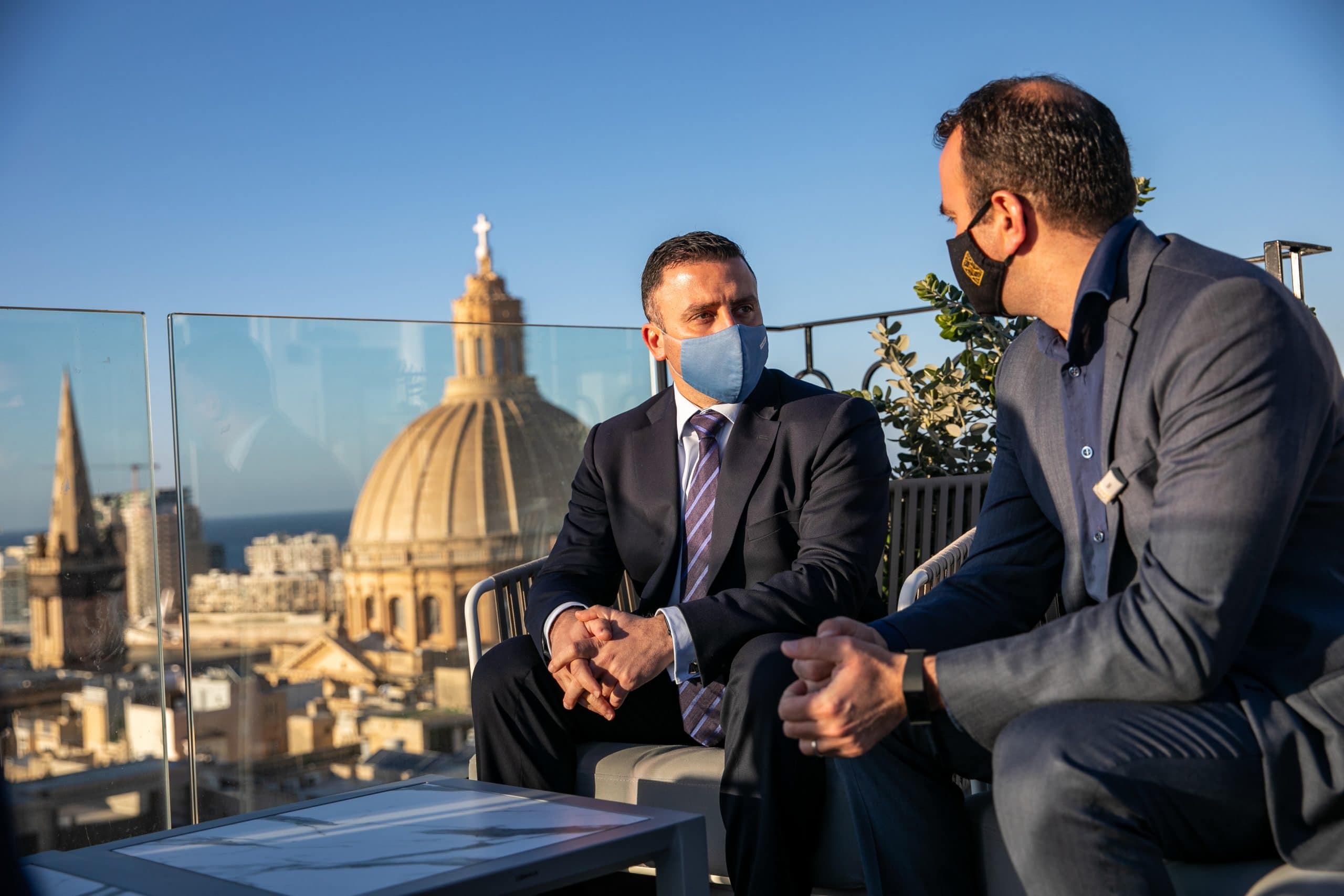
Put another way, do you think the current situation places us in a position where we can press the reset button and start from scratch?
Whilst inbound activity is at a standstill, the destination’s offer meaning supply is what it is. Resetting from scratch is only feasible if both sides of the coin are resettable which they are not. That is why our strategy talks about Rethinking, Revitalising but not Resetting.
As an island destination we are at the mercy of the airlines and the situation prevailing in our markets. Several European countries and others beyond have banned flights from the UK because of Covid-19 strain variants. The UK remains our biggest market, with nearly double the number of arrivals than any other up to October - what does Malta do next if we block UK arrivals for the foreseeable future?
Our plans are to re-establish our airline connectivity with all our major source markets including the UK as quickly as possible. The pace of vaccination will have a huge bearing on our reopening prospects in the coming weeks. The fact that the UK is advanced in its vaccine roll out is also very encouraging in this respect.
Besides the drop in leisure travellers, the DMC and English language schools sectors have taken a massive hit in 2020. Some DMCs report that the first conference and incentive trips are booked from the end of 2021, and language schools are in the doldrums - are you looking at ways and means to assist these sectors, and if so how?
Among other initiatives, we have launched a scheme by which students who come to Malta to study English in language schools are set to receive €10 per night spent in the country. Students are eligible for this scheme if they spend at least 15 nights at a booked language school, and will be capped at €300 per student.
On a positive note, some months ago the MTA set a target of 700,000 visitors for 2020 - that target appears to have been achieved, has a target been set for 2021?
Our target for 2021 is to ensure that we will be ready to start attracting tourists from the moment that the markets open up again. We are primed to start targeting those geographical markets, age-groups and travel motivations which are expected to be the earliest respondents to travel opportunities to ensure that we maximise our receptive potential.
Click here to see Horeca Issue 5 online
Related posts
February 20, 2026


